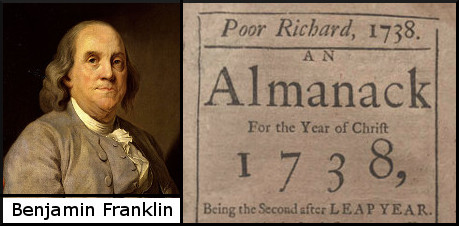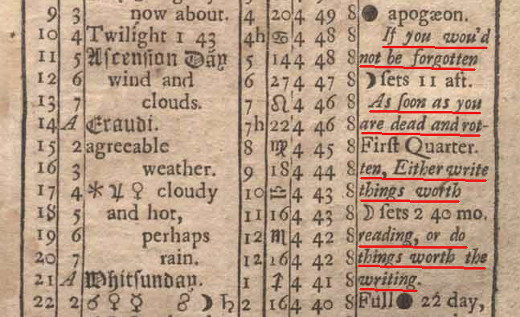Derek Bok? Ann Landers? Char Meyers? Robert Orben? John Lubbock? P. B. de La Bruère? Rev. S. C. Morris? Charles Duncan Mclver? Albert Einstein? Barack Obama? Anonymous?
Question for Quote Investigator: The cost of attending college has been increasing more rapidly than the rate of inflation for decades in the U.S. Students and parents have been struggling with bills and loan payments. A popular adage offers a provocative perspective:
If you think education is expensive, try ignorance.
These words have been attributed to Derek Bok who was a President of Harvard University and to Ann Landers who was a popular syndicated advice columnist. Would you please explore the provenance of this expression?
Reply from Quote Investigator: The earliest exact match known to QI appeared in an advertisement for a realty company in June 1974. A real estate agent named Char Meyers was featured in the ad which was published in a Madison, Wisconsin newspaper. The adage was displayed as an epigraph at the top of the ad, and it was not really connected to the content. Boldface has been added to excerpts:1
If you think education is expensive, try ignorance.
NEVER PAINT AGAIN Newly listed west 3 bedroom, family room, all aluminum exterior. Beautifully wooded rear yard.
QI believes that Char Meyers was an unlikely candidate for authorship of the saying. But a set of citations that appeared shortly afterward in July 1974 did point to a likely contender. A newspaper supplement called “Family Weekly” was incorporated into the Saturday issues of multiple papers around the U.S.A. The supplement included a column titled “Quips & Quotes” which contained miscellaneous sayings.2 The adage was printed in the column and credited Robert Orben:3
Prices are increasing so fast that you need that “double-your-money-back guarantee” just to break even. —Anna Herbert
If you think education is expensive, try ignorance. —Robert Orben
Orben was a very successful comedy writer who supplied jokes to others via books and a newsletter. He also wrote material contractually for other comedians, business executives and politicians. QI conjectures that Orben constructed this precise formulation; however, the remark was not particularly novel.
A variety of statements using the same keywords and expressing the same idea have been circulating since the early 1900s. For example, in 1902 an advertisement for a Conservatory of Music in Ottumwa, Iowa contained the following:4
“Education is expensive but ignorance is more so.”
The saying was linked to Derek Bok because Ann Landers published a column in 1978 that credited him. However, in 1998 she wrote a follow-up column stating that Bok had contacted her directly and disclaimed authorship of the quotation. Detailed citations are given further below.
Great thanks to top researcher Barry Popik who examined this topic and located key citations. QI and Popik shared research results.
Here are additional selected citations in chronological order.
Continue reading “Quote Origin: If You Think Education Is Expensive, Try Ignorance”



